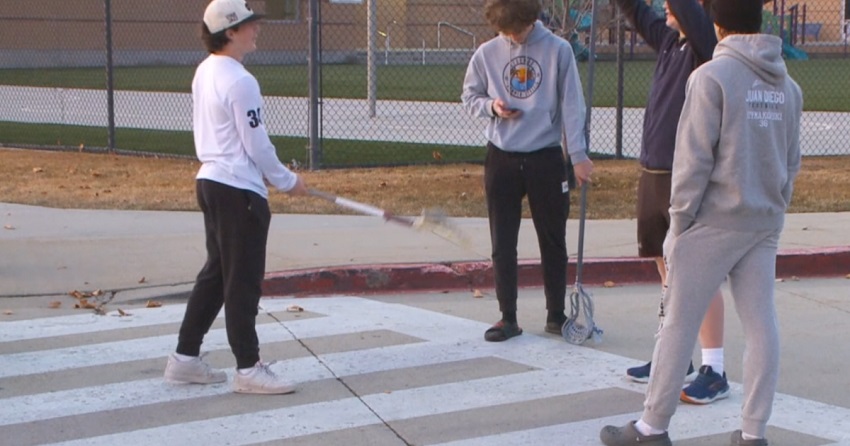Ogden, UT – In a landmark ruling on Thursday, U.S. District Judge Robert Shelby granted a preliminary injunction that allows foreign exchange students attending Utah high schools on F1 visas to participate in varsity sports without restrictions. The ruling directly challenges a policy implemented by the Utah High School Activities Association (UHSAA), which had imposed limitations on the participation of F1 visa holders in high school athletics.
The UHSAA’s controversial rule, amended in May 2024, had restricted F1 visa students from playing varsity sports without causing the entire team to lose eligibility for postseason play. Alternatively, students could compete at junior varsity levels, which would allow teams to remain eligible for the postseason, or the team could opt for independent status. The rule was seen as a response to growing concerns over the recruitment of international student-athletes, a practice the association deemed problematic.
The case was brought to court after Australian football player Zac Szymankowski, a senior at Juan Diego Catholic High School, filed a lawsuit in September, arguing that the UHSAA’s rule was discriminatory. Szymankowski claimed that the policy unfairly targeted foreign students based on their nationality and effectively limited their access to opportunities in high school sports. A temporary restraining order was granted to Szymankowski in October, allowing him to participate in his senior season. However, that order applied only to him, and the broader issue was left unresolved.
The court’s recent decision expands the temporary relief to all F1 visa students across the state, ensuring they are no longer restricted from playing on varsity teams until the case is fully concluded. In his written ruling, Judge Shelby echoed the findings of Judge Tena Campbell, who had issued the temporary order in Szymankowski’s case, emphasizing that the UHSAA’s policy likely violated the Equal Protection Clause of the U.S. Constitution.
Both Shelby and Campbell agreed that the UHSAA’s concerns over recruiting and competitive fairness could be addressed without resorting to discriminatory practices. The court pointed out that F1 visa students merely sought equal treatment under the law and that the public interest was best served by upholding their right to participate in sports on an equal footing with their U.S.-born peers.
The ruling is seen as a significant victory for foreign exchange students in Utah, with attorneys for the plaintiffs asserting that the decision reinforces the principle that all students, regardless of nationality, are entitled to the same opportunities in education and extracurricular activities.
In response to the ruling, UHSAA attorney Mark Van Wagoner expressed disappointment, stating that the organization was evaluating its options moving forward. A yearlong investigation into allegations of improper recruiting related to the use of F1 visas is ongoing, and a hearing regarding violations by Juan Diego Catholic High School is scheduled for January 9.
While the case continues, the decision stands as a win for international students, ensuring they can compete in high school sports without the burden of discriminatory restrictions.

